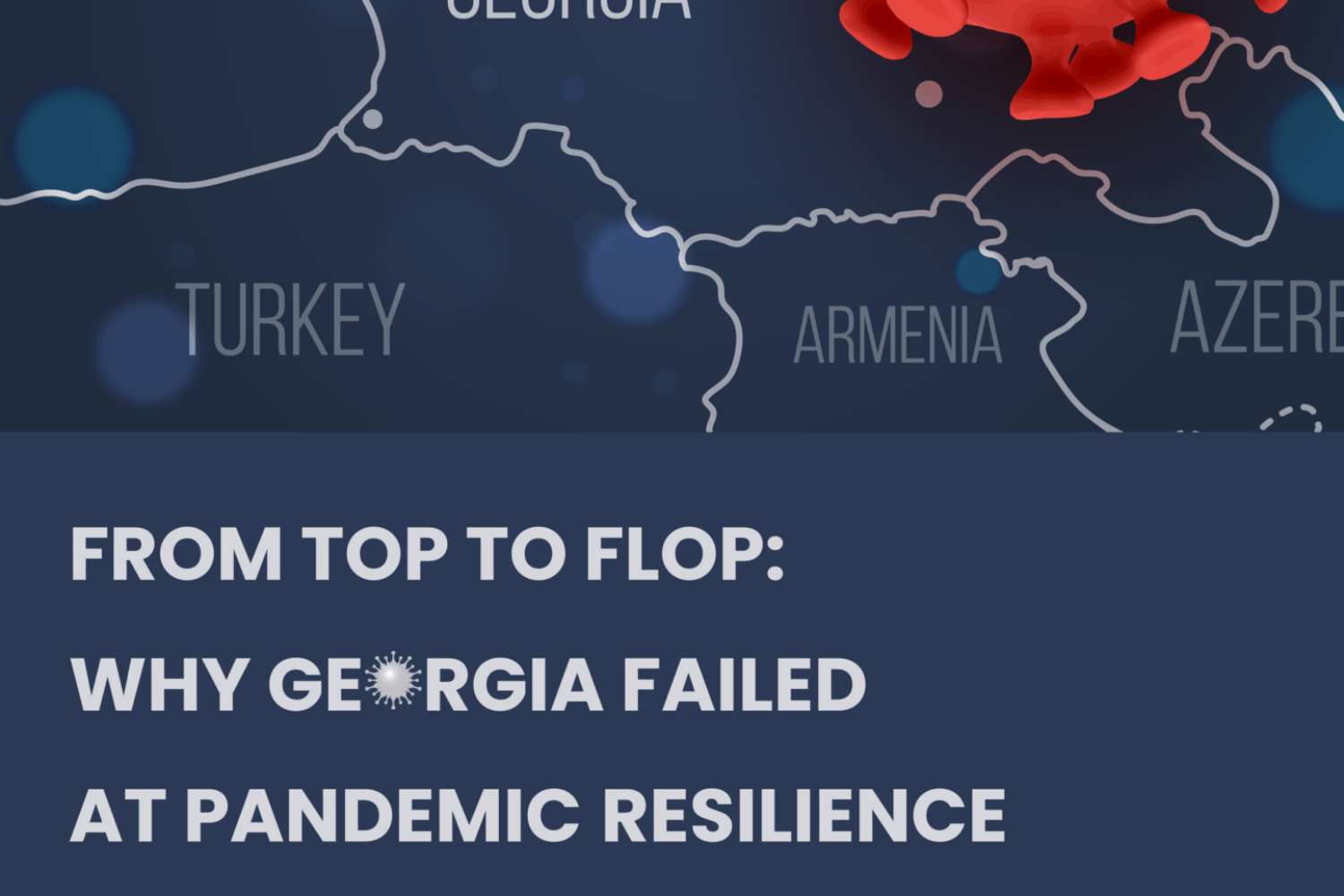2021-12-24 10:48:45
Salome Kandelaki, Bidzina Lebanidze
This policy paper unpacks the reasons behind Georgia’s failure to tackle the Covid-19 pandemic effectively. It is argued that Georgia displayed low levels of both state and societal resilience which undermined its pandemic management capacity. At state level, limited resources, prioritization of socio-economic issues, political radicalization, and the domination of narrow party-political agendas among political actors resulted in disastrous epidemiological management of the pandemic. Societal resilience, on its part suffered from widespread vaccine hesitancy among a population influenced by low levels of public trust, polarized media, citizens’ underdeveloped digital literacy skills as well as the ambiguous position of the Georgian Orthodox Church. Despite low levels of domestic preparedness, the international community managed to foster Georgia’s resilience against the pandemic to a certain extent by providing a fair share of Covid-19 vaccines and supporting Georgia’s economic recovery and social safety net from the negative effects of Covid-19.
In the following document:
- State Resilience Against Covid-19
- Societal Resilience Against Covid-19
Key words: Covid-19, Georgia, Vaccination, Resilience, Orthodox Church
Policy Paper #28, December 2021





